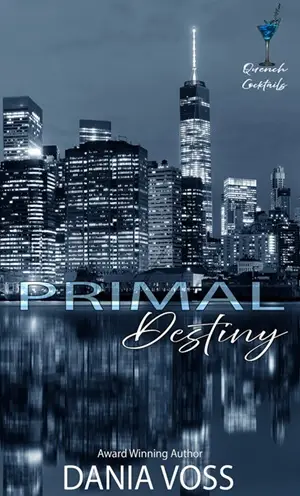Book Review: Return to the Galaxy
As an avid science fiction aficionado, I find myself drawn to stories that push the boundaries of imagination, exploring both the cosmos and the depths of humanity. When I came across Return to the Galaxy, a title that advertised a thrilling blend of military strategy, alien encounters, and human resilience, I knew I had to dive in. The premise of a dying SAS veteran offered a second chance via a 300-year-old alien AI was simply too intriguing to resist.
The narrative follows Ewan Scott, who is reborn into a bio-engineered body to save humanity from impending doom. As he races against time to reunite with the Saret Federation, we also meet Captain Velal, a haunted frigate captain compelled to protect the remnants of her civilization amidst the chaos of alien invasion and nuclear fallout. The stakes couldn’t be higher, and the world-building felt rich and immersive.
One of the standout elements of the book is its pacing. The author does a fantastic job of maintaining tension throughout, showcasing "savage interstellar war" and "special forces warfare" in a way that kept me on the edge of my seat. The action scenes are brilliantly choreographed, making you feel like you’re right there in the heart of the battle. The camaraderie between characters like Ewan, Velal, and the wise-cracking Jera adds humor and heart to the otherwise intense storyline.
However, while the pacing was largely a strength, there were moments where the plot felt a bit convoluted. The introduction of numerous subplots and alien technologies sometimes led to a sense of confusion, pulling me away from the central narrative. I found some readers echoing a similar sentiment—while I appreciate a densely packed narrative, I believe clarity is essential for full immersion.
Additionally, Ewan’s transformation into a "movie-star handsome" figure struck me as both a boon and a drawback. On one hand, it’s an engaging twist that spices up his character arc, but on the other, it risks reducing him to a superficial hero archetype. As I read, I felt that his depth could have been explored more, especially given the rich backstory provided by the author.
The book also teases an overarching mystery regarding the origins of humanity. The idea that "the astonishing truth? The human race didn’t evolve on Earth" was a captivating premise for me. As someone who enjoys unraveling cosmic mysteries, I was engrossed by the hints scattered throughout the narrative. It met my expectations and kept me guessing, which is always a plus in a science fiction saga.
In terms of character development, Captain Velal emerged as a beacon of complexity—her haunted past and impossible orders make her a compelling force in the narrative. Readers seeking strong character arcs will appreciate her depth. However, I craved more exploration of the supporting characters, whose potential was alluded to but not fully realized.
The humor deftly woven into the dialogue, especially through Jera, provided a refreshing counterbalance to the weight of the story, lightening the mood and enhancing the read. It’s a testament to the author’s skill in crafting not only thrilling action but also rich, engaging interactions.
Ultimately, Return to the Galaxy stands as an engaging space opera that offers plenty of thrills, rich world-building, and a stirring quest for survival. However, it is not without its flaws—some narrative complexity and character depth could be enhanced. Still, I wholeheartedly recommend this book to anyone seeking an adventurous romp through the stars with moments of levity and profound inquiry. It promises excitement and leaves you contemplating the larger questions of existence.
In conclusion, I would rate Return to the Galaxy a solid 4.5 out of 5 stars. It’s a well-crafted addition to the science fiction genre and a delightful kickoff to what promises to be an intriguing trilogy. I look forward to further adventures with Ewan, Velal, and the galaxies ahead!








